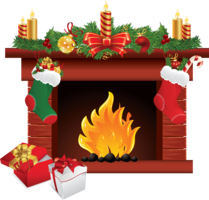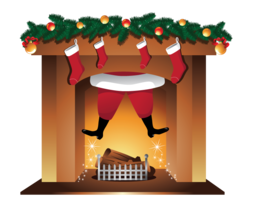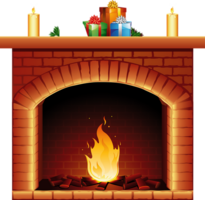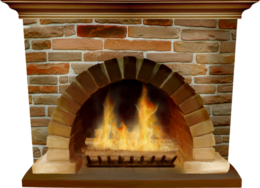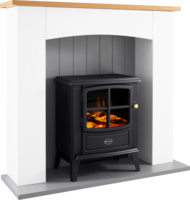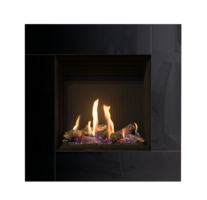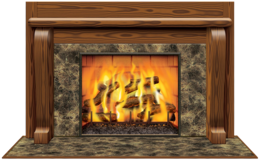In this fireplace page you can download free fireplace PNG images: fireplace PNG images free download
In this gallery of fireplace, we have 74 free PNG images with transparent background.
A fireplace is a structure made of brick, stone or metal designed to contain a fire. Fireplaces are used for the relaxing ambiance they create and for heating a room. Modern fireplaces vary in heat efficiency, depending on the design.
Historically they were used for heating a dwelling, cooking, and heating water for laundry and domestic uses. A fire is contained in a firebox or firepit; a chimney or other flue allows exhaust to escape. A fireplace may have the following: a foundation, a hearth, a firebox, a mantelpiece; a chimney crane (used in kitchen and laundry fireplaces), a grate, a lintel, a lintel bar, home overmantel, a damper, a smoke chamber, a throat, a flue, and a chimney filter or afterburner.
On the exterior there is often a corbeled brick crown, in which the projecting courses of brick act as a drip course to keep rainwater from running down the exterior walls. A cap, hood, or shroud serves to keep rainwater out of the exterior of the chimney; rain in the chimney is a much greater problem in chimneys lined with impervious flue tiles or metal liners than with the traditional masonry chimney, which soaks up all but the most violent rain. Some chimneys have a spark arrestor incorporated into the crown or cap.
Organizations like the United States Environmental Protection Agency and the Washington Department of Ecology warn that, according to various studies, fireplaces can pose a significant health risk. The EPA writes "Smoke may smell good, but it's not good for you."
A wide range of accessories are used with fireplaces, which range between countries, regions, and historical periods. For the interior, common in recent Western cultures include grates, fireguards, log boxes, andirons, pellet baskets, and fire dogs, all of which cradle fuel and accelerate burning. A grate (or fire grate) is a frame, usually of iron bars, to retain fuel for a fire. Heavy metal firebacks are sometimes used to capture and re-radiate heat, to protect the back of the fireplace, and as decoration. Fenders are low metal frames set in front of the fireplace to contain embers, soot and ash. For fireplace tending, tools include pokers, bellows, tongs, shovels, brushes and tool stands. Other wider accessories can include log baskets, companion sets, coal buckets, cabinet accessories and more.
Over time, the purpose of fireplaces has changed from one of necessity to one of visual interest. Early ones were more fire pits than modern fireplaces. They were used for warmth on cold days and nights, as well as for cooking. They also served as a gathering place within the home. These fire pits were usually centered within a room, allowing more people to gather around it.
Many flaws were found in early fireplace designs. Along with the Industrial Revolution, came large scale housing developments, necessitating a standardization of fireplaces. The most renowned fireplace designers of this time were the Adam Brothers. They perfected a style of fireplace design that was used for generations. It was smaller, more brightly lit, with an emphasis on the quality of the materials used in their construction, instead of their size.
By the 1800s most new fireplaces were made up of two parts, the surround and the insert. The surround consisted of the mantlepiece and sides supports, usually in wood, marble or granite. The insert was where the fire burned, and was constructed of cast iron often backed with decorative tiles. As well as providing heat, the fireplaces of the Victorian era were thought to add a cozy ambiance to homes.
